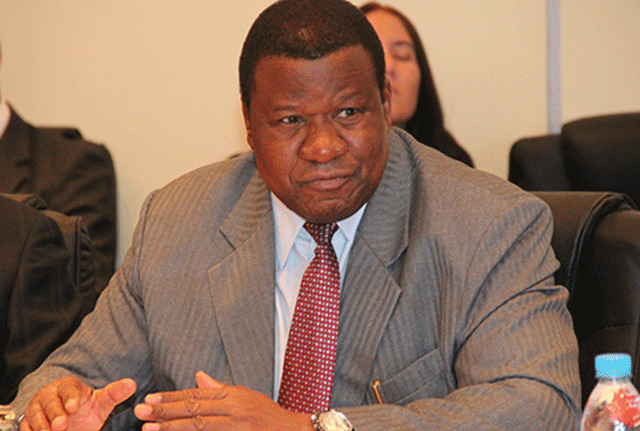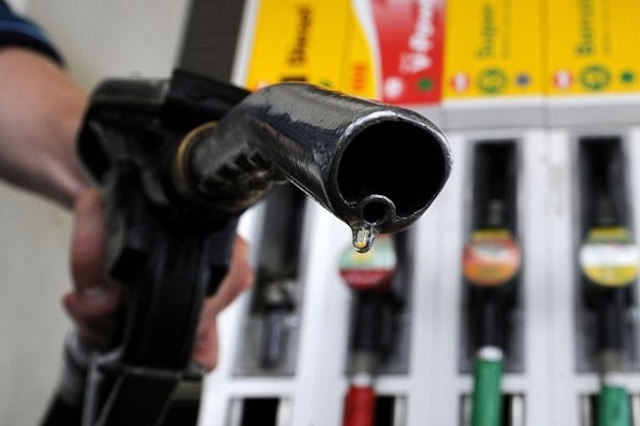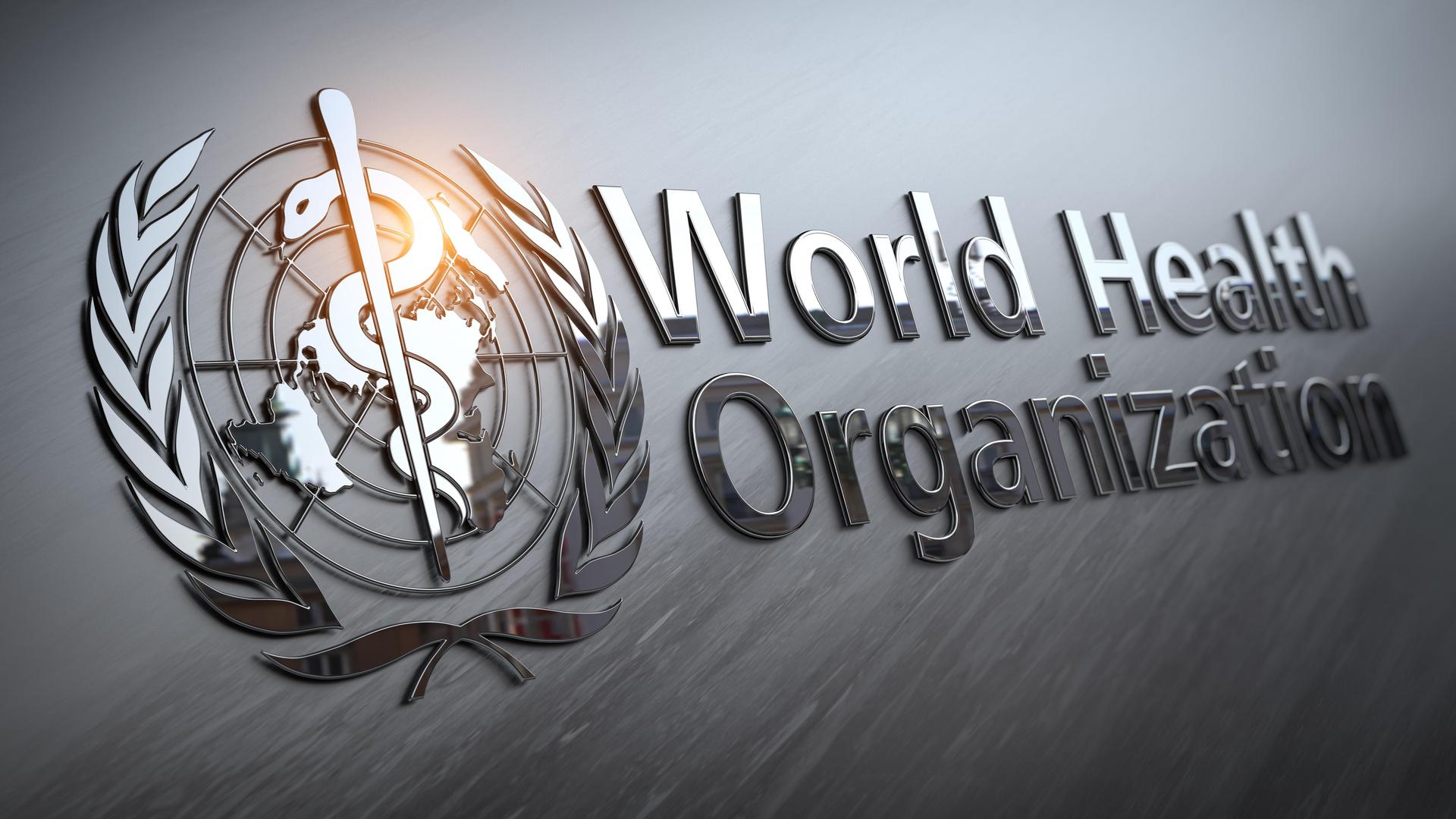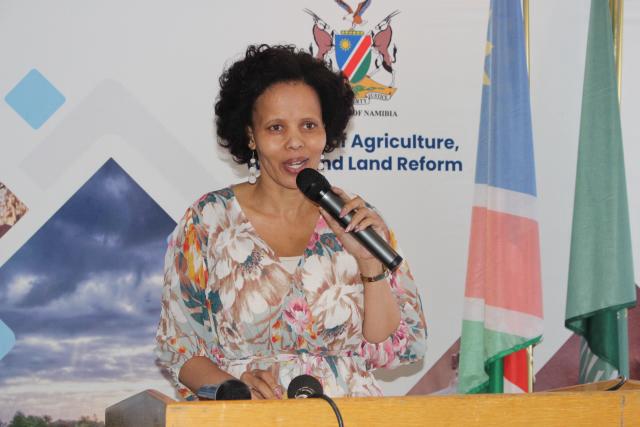Deputy prime minister and acting chief mourner John Mutorwa paid tribute to the character, and drive of founding president Sam Nujoma to develop the country to be self-sustainable in food production and through other economic activities.
Mutorwa says Nujoma was the epitome and personification of the liberation struggle and Namibia’s independence, but he could see beyond the attainment of freedom and that there would be a need for economic emancipation.
He made the remarks at Nujoma’s seventh memorial service at Keetmanshoop in the //Kharas region.
Nujoma’s body was airlifted from Walvis Bay International Airport on Wednesday morning, and arrived at Keetmanshoop where it was met by Mutorwa, \Kharas and Hardap executive leadership, Swapo leaders, and community members.
Mutorwa says after obtaining independence, the founding president did not rest but started the work of creating new industries to create jobs and better the livelihoods of Namibians. Nujoma wanted his administration to work with great speed to achieve this feat.
“I remember as I served in Nujoma’s administration for 15 years how he took us to the south of the country close to the Orange River, between Namibia and South Africa and asked us what we see on the South African side. All of us who accompanied him said that it is greener on the South African side, and that Namibia is dry and has rocky ground.
“We also noted it was more luscious with fruits and vegetables South Africans have grown utilising the Orange River just like we have access to the river. He wanted us to emulate them and turn our dry land into a luscious green land,” says Mutorwa.
Nujoma is known to have negotiated for land from Dusan Vasiljevic, owner of the land today known as Aussenkehr, to donate a portion of that land for Namibians to produce fruits and vegetables.
Swapo //Kharas coordinator Matthew Mumbala says Nujoma ensured Aussenkehr became a place that could house Namibians to start the grape and date plantations.
Aussenkehr farm is home to over six grape companies. Namibia Grape Company, through the National Youth Service, employs about 2 000 youth. The whole farm employs close to 12 000 people, majority being Namibians, and about 17 000 during harvest periods.
Mumbala says Nujoma played an instrumental role in the development of agriculture activities at Komsberg, as a way to create jobs and contribute to the diversification of the economy.
“The founding father came and slept four nights at Aussenkehr just to ensure Namibians are included in the mainstream economy and that the industries were started and expanded,” says Mumbala.
Just last December, the Namibia International Merchandise Trade Statistics Bulletin issued by the Namibia Statistics Agency, reported Namibia exported grapes worth N$815.4 million in December, yet at the same time imported grapes worth N$2.3 million – primarily from South Africa. The exports were mainly to The Netherlands and the United Kingdom, contributing to Namibia’s export earnings for December 2024 of N$12.6 billion, reflecting an increase of 3.4% from N$12.2 billion recorded in November 2024.
Chief Johannes Isaak of the /Hai-/Haua Traditional Authority at Berseba narrated how Nujoma’s visits to the south were filled with respect for the role of traditional authorities and their chiefs.
Isaak says Nujoma valued tradition, recognising it as a cornerstone of national identity and unity.
“The founding president always made time to engage with traditional authorities. His visits and interactions, he said, reflected his unwavering commitment to preserving indigenous customs and strengthening the role of traditional leaders in governance and nation-building,” says Isaak.
Speaking on behalf of the Nujoma, Kandombolo and Mushimba families, Matti Asino urges for hard work and unity, saying this would please Nujoma. “We have to work as one unit. March as one, as the army does. Let us have the tenacity Nujoma had to continue working. Let us not be selfish and continue in peace.”
Stay informed with The Namibian – your source for credible journalism. Get in-depth reporting and opinions for
only N$85 a month. Invest in journalism, invest in democracy –
Subscribe Now!










